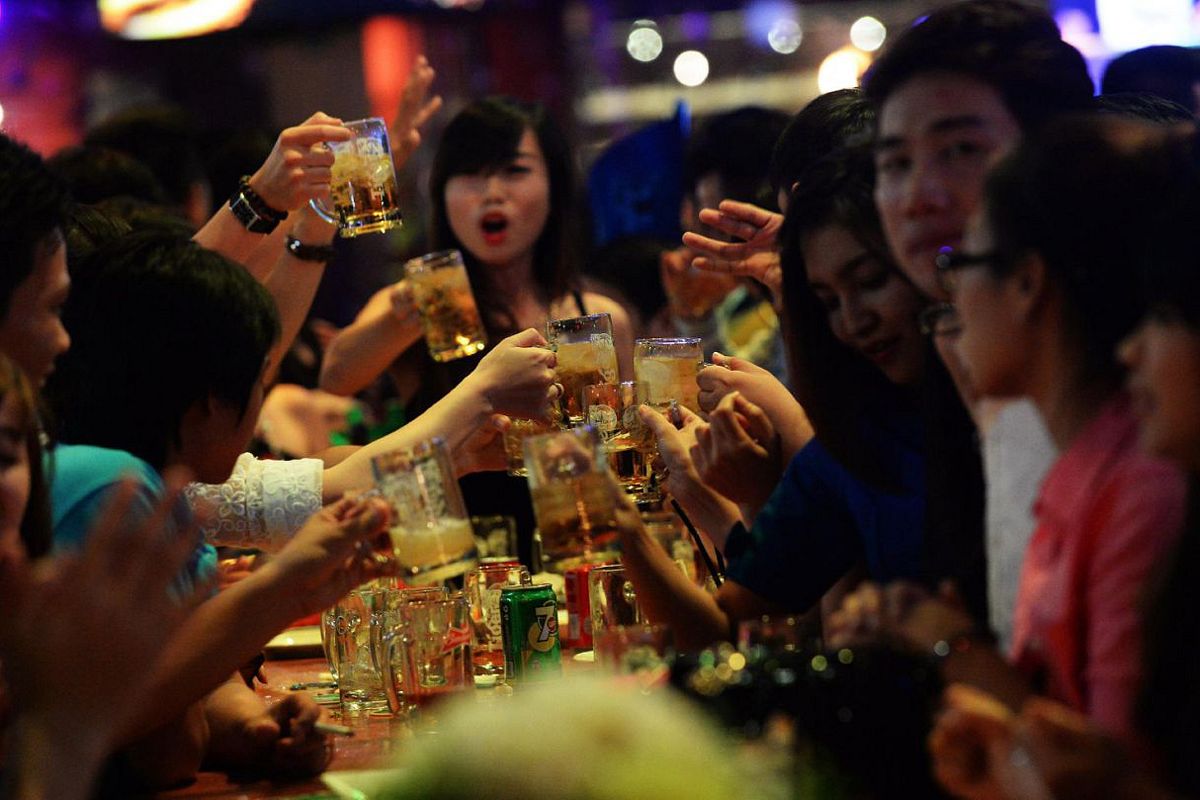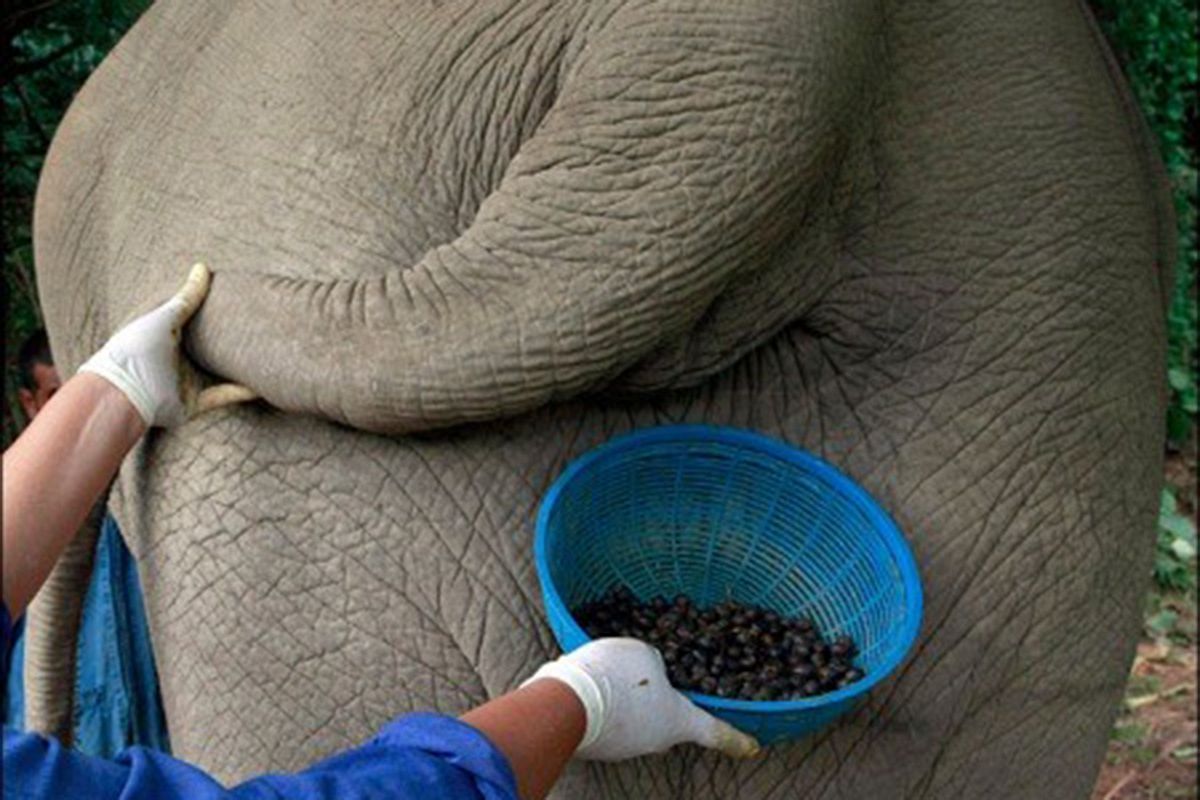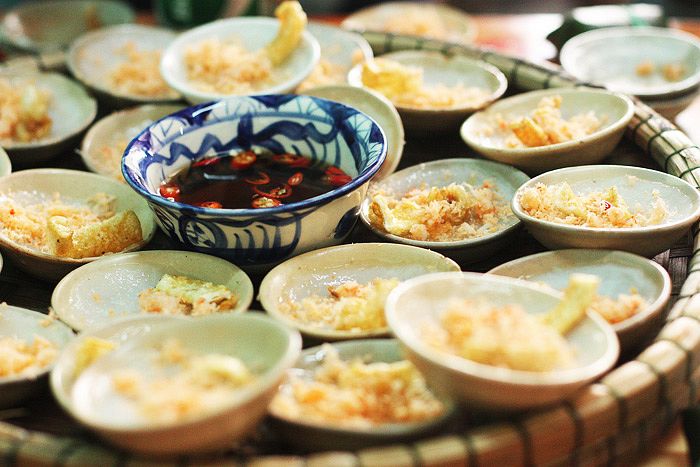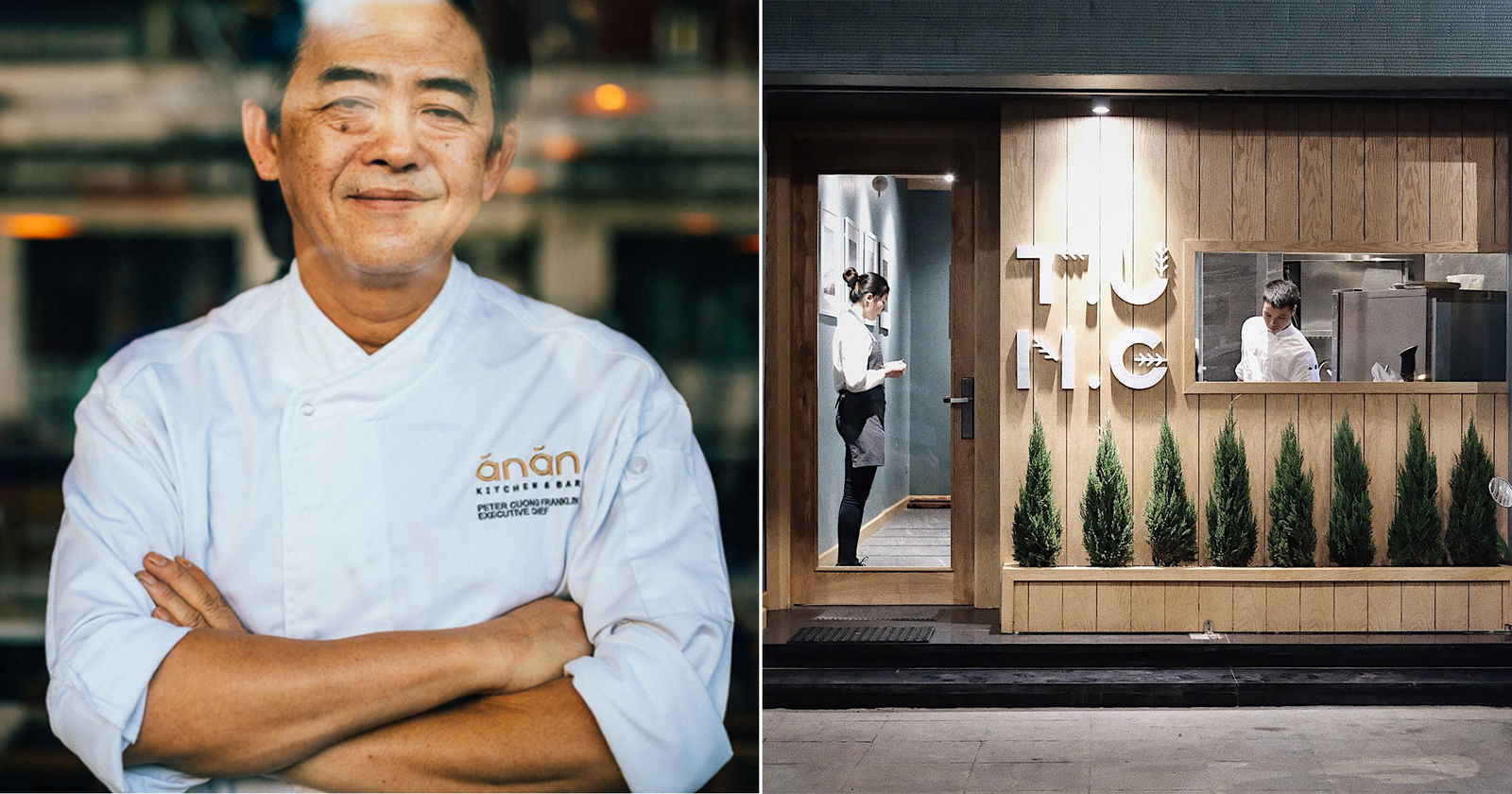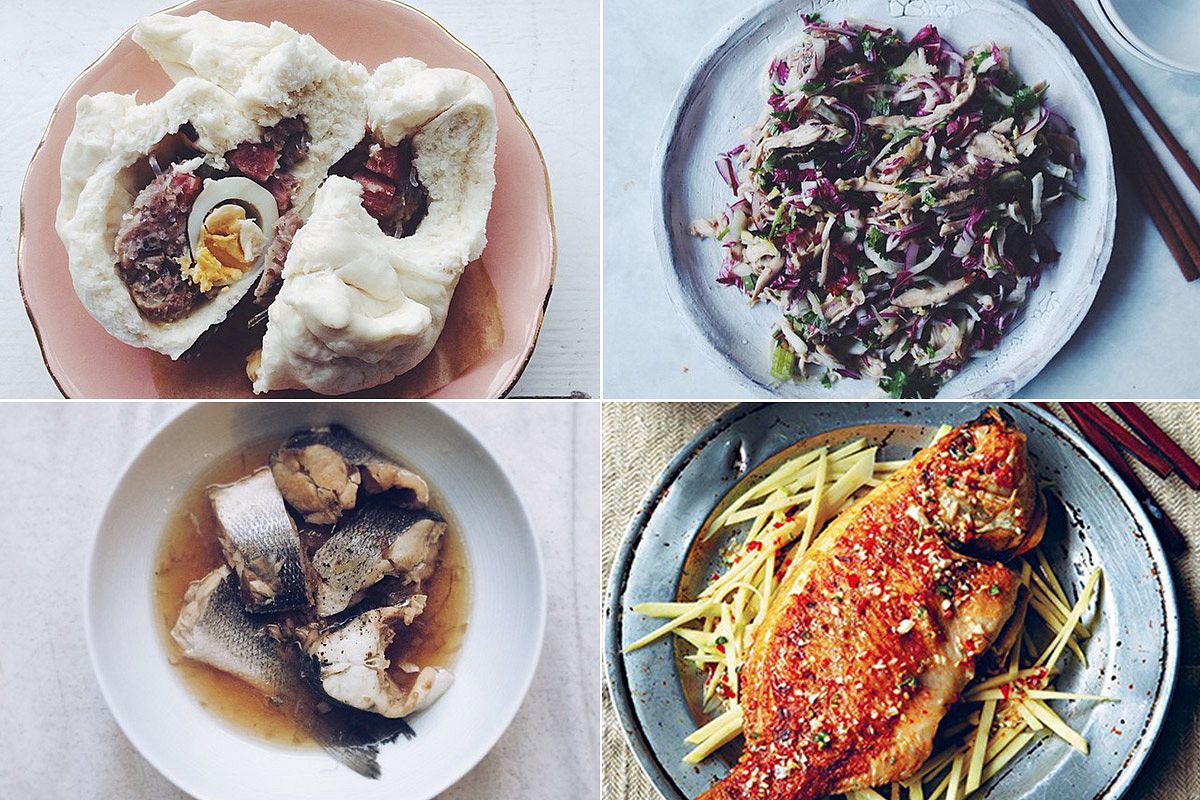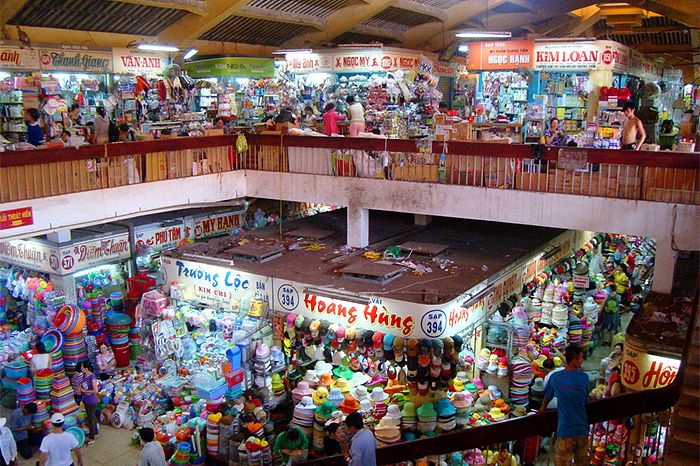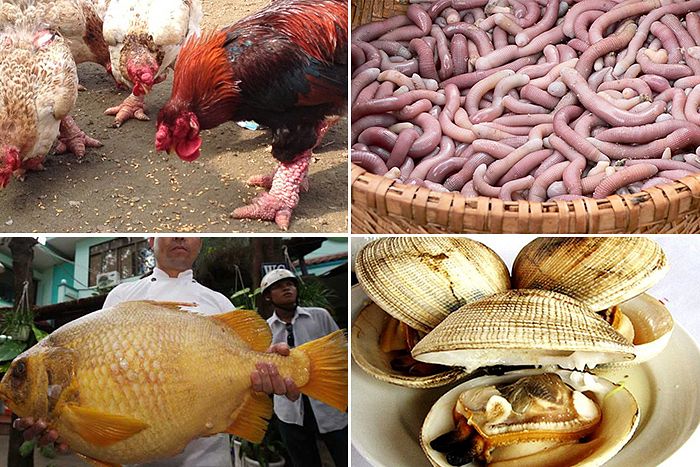Competition among foreign brewers is intensifying as Vietnam is poised to become the biggest beer market in Southeast Asia this year.
The population's appetite for beer may reach per-capita consumption of 40.6 liters in 2017, Bloomberg cites according to a report from market researcher Euromonitor. According to the report, demand for beer in Vietnam has gone up by 300% since 2002, contributing to an estimated total market value of US$6.5 billion in 2016.
The figures are partly credited to Vietnam's emerging middle class, who, with more money in their pockets to spare, are developing a more sophisticated preference for alcoholic beverages.
But domestic brewers may be slowly losing out for the same reason, says the report. For instance, even as Saigon Alcohol Beer and Beverages Corporation (Sabeco) continues to lead the market in terms of beer sales, the company also saw its total market share fall to 41% in 2016.
On the other hand, this means new opportunities for established foreign beer brands, and indeed European and Japanese companies have been trying to penetrate Vietnam's market.
“Asia and Oceania are the focus markets for our company, and we are interested in investing in Vietnam as we see growth in the market,” Naomi Sasaki, a representative of Kirin Holdings, told Bloomberg. Heineken, Anheuser-Busch InBev NV and Asahi Group Holdings are also looking to gain stakes in local beer companies.
Luckily for them, the government plans to gradually divest its holding in the two leading local breweries. Sabeco, which listed on the Ho Chi Minh City Stock Exchange in December last year, saw its selling price increase almost twofold by the end of the first transaction day. Likewise, the Hanoi Alcohol Beer and Beverages Corporation (Habeco) joined the trading floor in October 2016.
At the same time, however, the market’s growth may be slightly hampered by several domestic factors. The fact that the government is hiking excise taxes on beer – by 60% for the time being and 65% by 2018 – may not affect overall growth for now, Euromonitor says, but higher prices may make consumers think twice in the long run. Elsewhere, the Ministry of Health has started a debate on ways to control the public’s alcoholic intake to reduce drinking-related traffic accidents and violence.
[Photo via Yahoo!]

